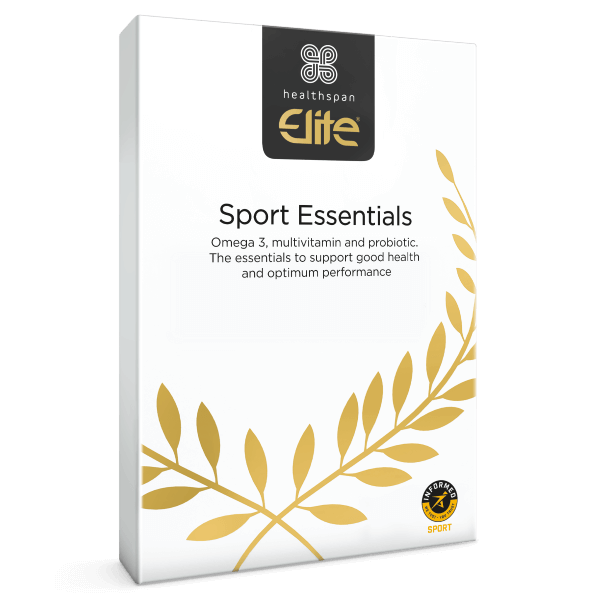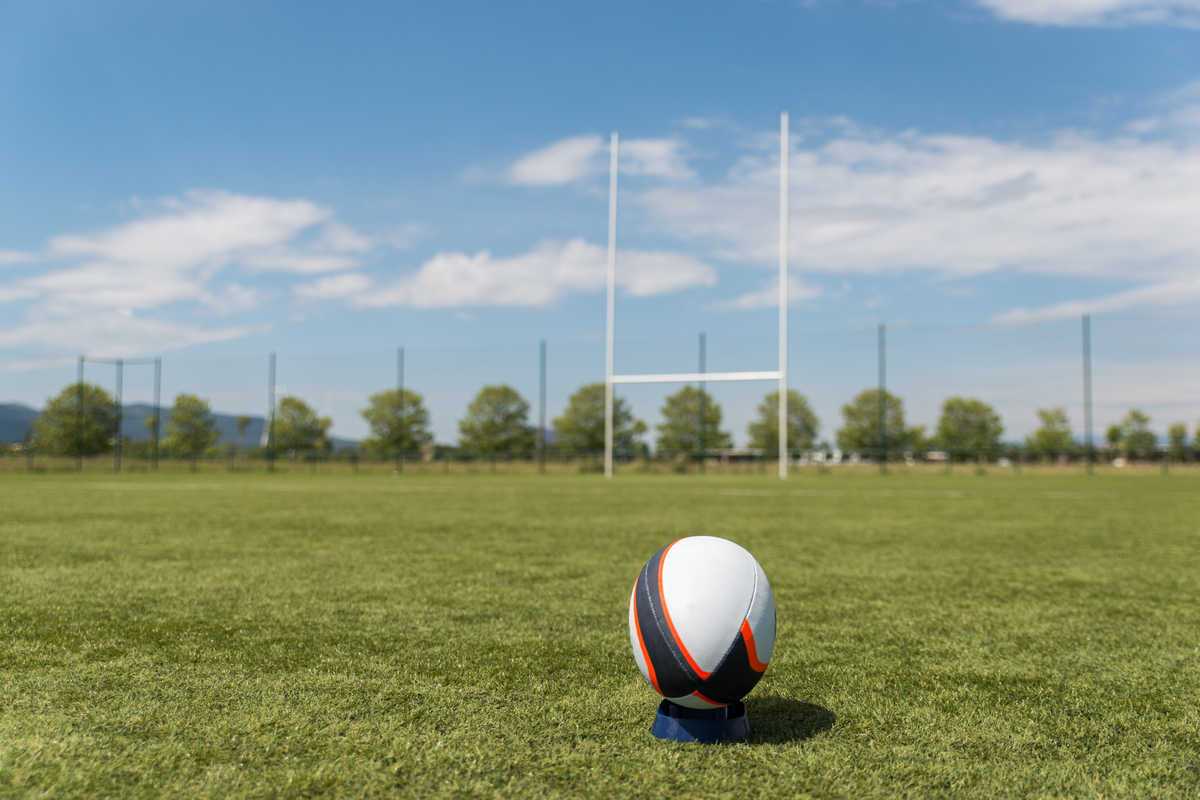George Ford, rugby player for Sale Sharks and England, shares how he enhances his performance, with key tips for physical and mental preparation for both training and matches.
🕒 2 min read
WHAT DOES A TYPICAL WEEK LOOK LIKE?
I front-load my week. Monday and Tuesday are big days for me; obviously I have my meetings, gym sessions and rugby sessions, but also rehab and prehab. I now try to use Wednesday as a recovery day, with both physical and mental recovery to try to get away from rugby a little bit, so I come back on a Thursday in a better place mentally and physically.
From Thursday onwards, I'm narrowing my focus towards the game, so it's not as much physically, but that's when I start mentally preparing, visualising, getting myself into a good place. It's still a big training day, of course. Friday is always very light physically but more of a mental prep day, getting myself into the right place to go and perform on Saturday.
That's my typical week, more physical at the beginning, more mental at the end, and some recovery in the middle.
WHAT DO YOU DO TO ENHANCE YOUR PERFORMANCE IN TRAINING?
I just try to keep it as consistent as possible in terms of what I do every day. Of course, the nutrition aspect is huge; any added edge or supplement you can take that will help with performance or recovery, anything like that I try to do.
I've gotten into a routine with my supplements: vitamins, Opti-Turmeric, fish oils, anything that makes me feel better in terms of anti-inflammatory, it's all beneficial. But also making sure you're getting enough vitamin D and vitamin C when the seasons are changing, because it's important for keeping your immunity up and your body healthy.
Crucially, I've created a consistent routine now. On a Sunday night I'll get all my stuff together, vitamins and supplements, and make sure it's ready for the week. Nothing too strenuous, but it helps.

Elite Sport Essentials
Three essential supplements to support good nutrition and optimum performance
- Multivitamin, omega 3 and probiotic
- Convenient daily tear strips
- Supports energy levels, recovery and digestive health
WHAT DO YOU DO TO ENHANCE YOUR PERFORMANCE IN A MATCH?
On game day, I don't do too much different to any other day. It's more after the game, in terms of recovery; I take more of the supplements that can best help me, such as Activ-Hydrate. I try to keep it as simple as possible on game day to keep it consistent, but obviously with adrenaline I sometimes struggle to sleep after the game, so recovery can be difficult.
I usually just take my Omega 3, Vitamin D, Probiotics, the things that I take every day. I prefer to take Energy Gels over caffeine gum because that's what works for me – I try not to get too jacked up on caffeine. So, after we've warmed up and during half time, I'll take an energy gel, which makes me feel more energetic and better about myself and my performance. It'll just give me a boost for the rest of the game when everyone's feeling a bit tired.
HOW DO YOU PHYSICALLY PREPARE FOR A MATCH?
I tend to eat a fair amount in the morning, around breakfast time, which is my biggest meal of the day because the closer to the game it gets, the less I feel like eating. I make overnight oats to get good carbs in me first thing in the morning, then I'll take my supplements. The closer to the game it gets I won't eat too much, but I'll drink a couple of coffees and have some fruit, usually a banana.
I make sure to do a lot of stretching and get my body moving about three hours before kick-off. I have my own routine for stretching.
I'll start with my individual warm-up first, which is usually kicking and passing, then about half an hour before kick-off we'll start the team warm-up. After I've warmed up, I'll take my energy gel before going back out.
Nutrition and physical movement work together to make sure you can go and play well.

George practices visualisation before a match to go through every scenario he may face.
HOW DO YOU MENTALLY PREPARE FOR A MATCH?
I've tried every different technique since I've started playing to find what works best for me. Now I try to stay as calm as possible, because the position I play requires a lot of decision-making and clear thinking; if I'm too hyped up that may affect the way I think and my decision-making.
I do a lot of visualisation the day before a game and the morning of a game. I try to go through the different scenarios of what could happen and what couldn't happen, which I think helps put me in the position, more often than not, of being prepared for any situation that may arise in the game.
I do listen to music, but it's quite inconsistent really. If there's a longer bus journey to a game, I listen to really chilled music to try to relax.
KEY TIPS FOR IMPROVING PERFORMANCE
Everyone's routine is a bit different, so you need to work from your own routine, whatever works best for you from nutrition to physical and mental preparation. You need to get a system going for yourself and just be as consistent as possible with it. It's all a part of what you're doing, no matter what's going on, whether you've had a bad day, a bad game, whatever.
For me, it's keeping it simple that helps. Throughout my career I've tried so many different things, but you narrow it down to what works for you. I do think it's important to explore and try different things, but as soon as you know what works for you, keep it consistent.
Don't ever be afraid to push those things forward, keep improving, look at different ways of working, because you never know what could improve your performance, in terms of physically, nutritionally, mentally.
But for me, it's definitely keeping it simple and consistent.
HOW DO YOU STAY MOTIVATED?
I try to stay as neutral as possible, so even if you have a good day or performance, not to be too 'high' about it, but on the flipside, if you have a poor performance, not to be too low about it. When there's a big difference between high and low, when you become too emotional, you can take it out on yourself – so for me, nothing's ever too good, nothing's ever too rubbish.
I always look at my performance, no matter what, based on how consistent I was at the basics: did I do the job I needed to for my team? That's what motivates me – not letting my teammates down.
Then when I go to training every day, or play, it's to win for the team and not let the boys down, because they're the ones you're doing it with and for – and also to make my family proud.
You can never anticipate injury, that's the difficult thing; getting your head around it first and foremost, that you've got a significant injury and you're going to be out of the game for a little while. I just used it as an opportunity to have a good break, good rest and to get fixed up, and come back better and stronger.










